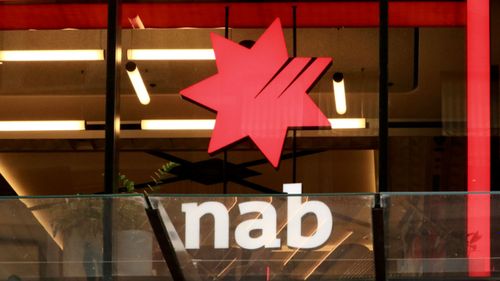Share this @internewscast.com
Justice Penelope Neskovcin remarked that the reasons given by customers for their hardship included health issues, emergencies, bereavement, domestic violence, family breakdown, the COVID-19 pandemic, business failures, natural disasters, and unemployment.

She emphasized that the violated National Credit Code rules are crucial for customer protection and noted that the number of lapses was “high, indicating the significant scope â and thereby the seriousness â of the contravening conduct”.
The Australian Securities and Investments Commission (ASIC), which initiated the legal action, stated that the penalty underscored the gravity of failing to assist customers dealing with financial difficulties.
“These failures likely made an already challenging time in people’s lives far worse,” ASIC deputy chair Sarah Court said.
“This penalty sends an important message to other financial institutions â customers should be at the centre of what you do.”
Even though the customers had not suffered any specific losses, the court made a “reasonable inference” that the lack of response might have “exacerbated any financial issues the customers perceived themselves to be under along with any related distress”.
The parties involved acknowledged that maximum penalties could have reached well into hundreds of millions, but the judge deemed such figures to be “practically meaningless” and agreed to the proposed $15.5 million penalty.

“ASIC will not hesitate to take action when banks and lenders fail to comply with their obligations.”
The court ordered NAB to pay $13 million and AFSH Nominees to $2.5 million, while also both covering ASIC’s costs.
It found the failures did not involve senior management at either company.
The court considered the total fine, which is 0.22 per cent of NAB’s net profit for 2024, to be a substantial deterrent.
“The proposed penalty of $15.5 million is significant and should not be seen by NAB (or similarly large businesses) as an ‘acceptable cost of doing business’, and it is expected to dissuade any potential offenders from similar misconduct,” Neskovcin stated.
The breaches occurred between 2018 and 2023, both companies took measures to ensure they weren’t repeated and NAB apologised to those affected.
Sixty customers were paid an average of about $540 each for the financial and non-financial impact of the breaches.
ASIC had flagged in May last year that lenders weren’t doing enough to support customers in financial hardship.
The law allows mortgageholders who don’t think they’ll be able to meet their payments to inform their lender, who must then reply or ask for more information within 21 days.
“The hardship regime exists to help customers who are experiencing financial difficulty, often caused by significant life events such as serious illness, sudden unemployment and domestic violence,” Court said.














